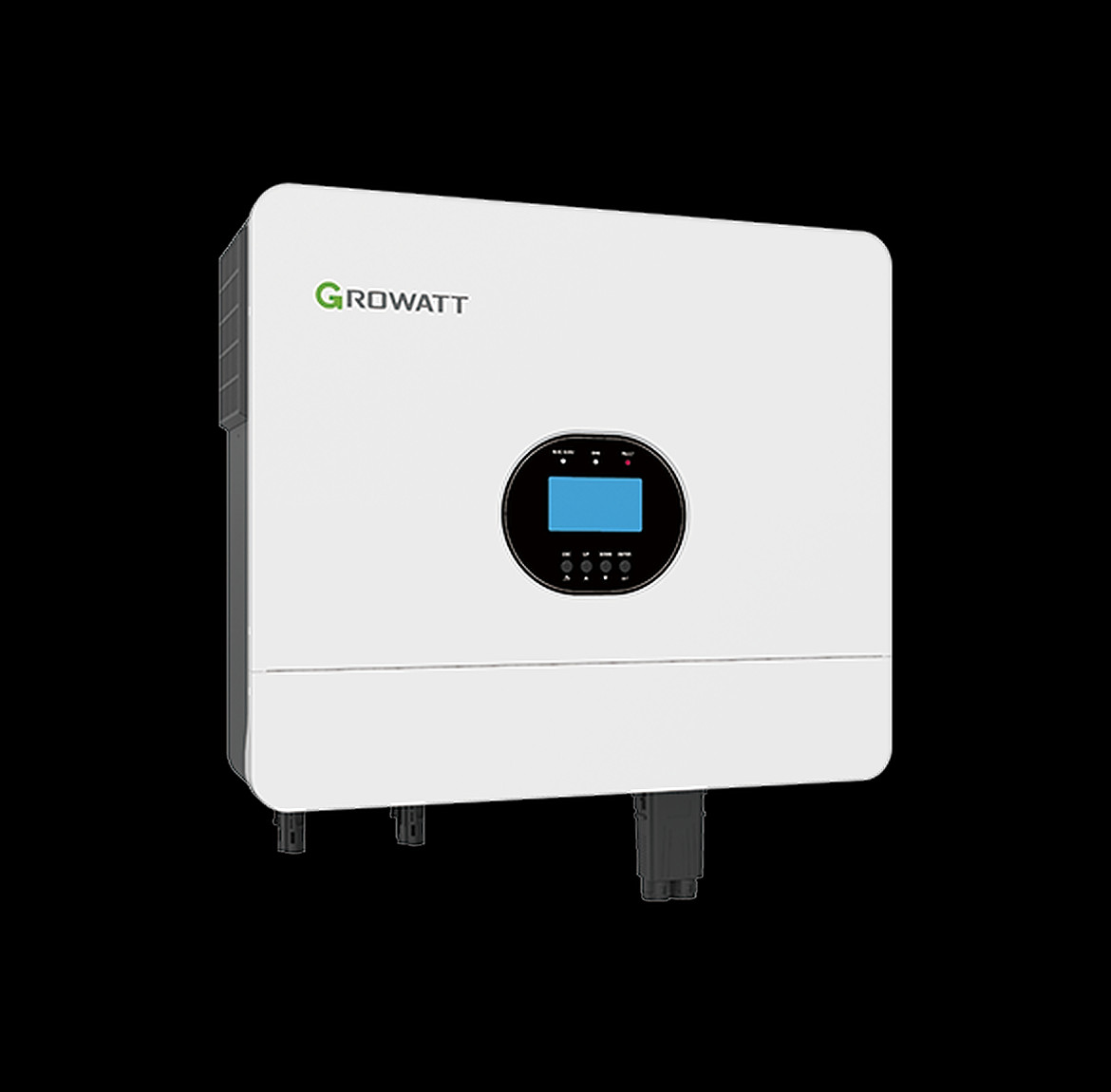Growatt has unveiled its new SPF 6000 ES Plus inverters for residential off-grid solar power systems.
“The inverter’s string input current reaches up to 16A, making it compatible with 500W+ large power PV modules,” the manufacturer said. “The inverter includes dual MPP trackers for houses with multiple rooftop areas, supporting panel installation at different orientations and higher energy generation.”
The 6 kW inverters have an efficiency rating of 93% and 12,000 VA of surge power. They also feature input voltage of up to 500 V and 8 kW of PV input power.
Popular content
The inverters are housed in IP20 enclosures and measure 460 mm x 395 mm x 132 mm. They weigh 15.5 kg. Their operating ambient temperature ranges from 0 C to 50 C, with an integrated automatic transfer switch (ATS) and two AC terminals for power input.
“In terms of performance and reliability, the new product has a power factor of 1.0 that allows the system to draw a power output of 6kW for the loads and 2kW for charging the battery when solar energy is sufficient,” said the Chinese inverter maker. “Also, by adding the dust-proof design, it prevents faults caused by excessive dust and improves product reliability, making maintenance easier while extending its operational lifespan.”
This content is protected by copyright and may not be reused. If you want to cooperate with us and would like to reuse some of our content, please contact: editors@pv-magazine.com.



Good day, thank you so much for Growatt to unveil new inverters which will give us Africans an opportunity to get more electricity especially in South Africa I am interested in the developments of the new inverters
Regards
Hi guys so it’s great that these new inverters are the next best thing but what does it mean to the man that wants to go totally off grid do the new inverters really give you more power for house hold use and will they charge your batteries faster and how many batteries will they charge at once as well as how many solar panels will the new inverters handle. These are the questions I and many of your readers want answers to. It’s great that we have new technology but you have to explain in more detail if we are to upgrade to the new inverters.
Thanks Phil kagelaris. Melbourne Australia.